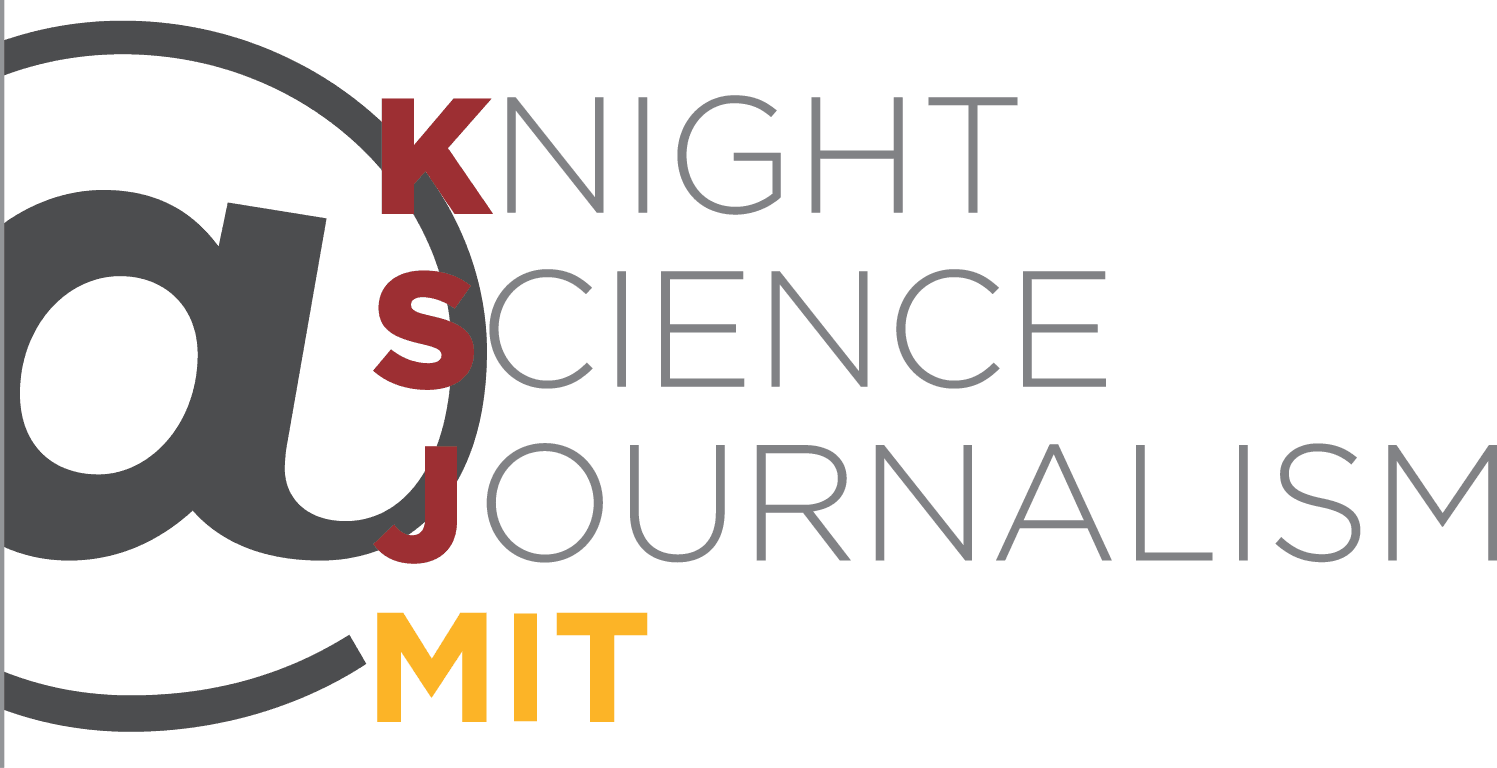Application Deadline: February 28th 2018
The Knight Science Journalism Fellowship Program at MIT supports a global community of dedicated and thoughtful journalists specializing in science, health, technology and environmental reporting. The program is designed to recognize journalists who demonstrate a high level of professional excellence and accomplishment as well as a long-term commitment to their craft. Journalists from all countries compete on an equal basis and are encouraged to apply.
To be eligible for a Knight Fellowship applicants must:
- Be full-time journalists, whether on staff or freelance. Part-time writers or producers are not eligible.
- Have at least three full years’ experience covering science, technology, the environment, or medicine
- Be reporters, writers, editors, producers, illustrators, filmmakers, or photojournalists. Applicants may work for newspapers, magazines, television, radio, and digital media.
To be awarded a Knight Fellowship selected applicants must agree to the following requirements:
- To reside full-time in the Boston/Cambridge area for the academic year, August 12th, 2018 through May 25th, 2019.
- To attend field trips, seminars, and required training sessions arranged by the Knight Science Journalism Fellowships.
- To participate in at least one science course per semester.
- To produce a well-thought research project or story series during the academic year.
- To refrain from outside professional work during the Fellowship, unless written permission has been granted by the Director.
- International candidates must obtain a J-1 visa from the U.S. State Department after being awarded the Fellowship.
Applicants must complete all fields and attach the required supporting documents, according to these guidelines:
- Professional Autobiography: Provide a brief statement (500 words maximum) about why you want to participate in the Knight Science Journalism Fellowship Program and how it fits with your professional goals.
- Résumé or Curriculum Vitae: Provide your education and work history. (Freelancers should include a list of freelance jobs in the last 12 months. Include each story, venue, and date of publication or broadcast.)
- Project Proposal: In consultation with the KSJ staff, Knight fellows will develop and produce a research project in a specified area of science or science journalism. This project can take the shape of a formal report or be developed for publication, in formats ranging from multimedia to long-form story. All projects will be reviewed by the staff and considered for publication by KSJ during the academic year. Fellows will discuss the research progress in regular group meetings and in individual meetings with staff advisers and will deliver a formal presentation on their topic at the end of the fellowship. All applicants should describe, in 500 words or less, a project to be developed during the fellowship year.
- Work samples: Five work samples are required. Choose samples that best illustrate your interest and abilities. Please include a translation for work not written in English.
- References: Three letters of recommendation are required. Letters should come from individuals familiar with your work and should comment on your abilities and your commitment to journalism.
Application Process:
Applications, including all supporting documentation and letters of reference, must be submitted by February 28, 2018. Semi-finalists for the Fellowship will be notified by April 6, 2018. Skype interviews will be scheduled for all those wishing to continue further in the process. Applications and interview transcripts will be reviewed by a panel of nationally-known science journalists, including KSJ@ MIT Director, Deborah Blum; Associate Director, David Corcoran; Undark magazine Editor, Tom Zeller Jr. Finalists will be notified during the first week of May 2018.
For More Information:
Visit the Official Webpage of the Knight Science Journalism Fellowship 2018/2019

